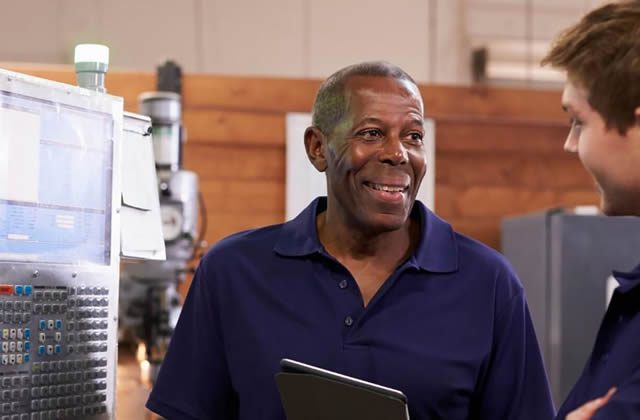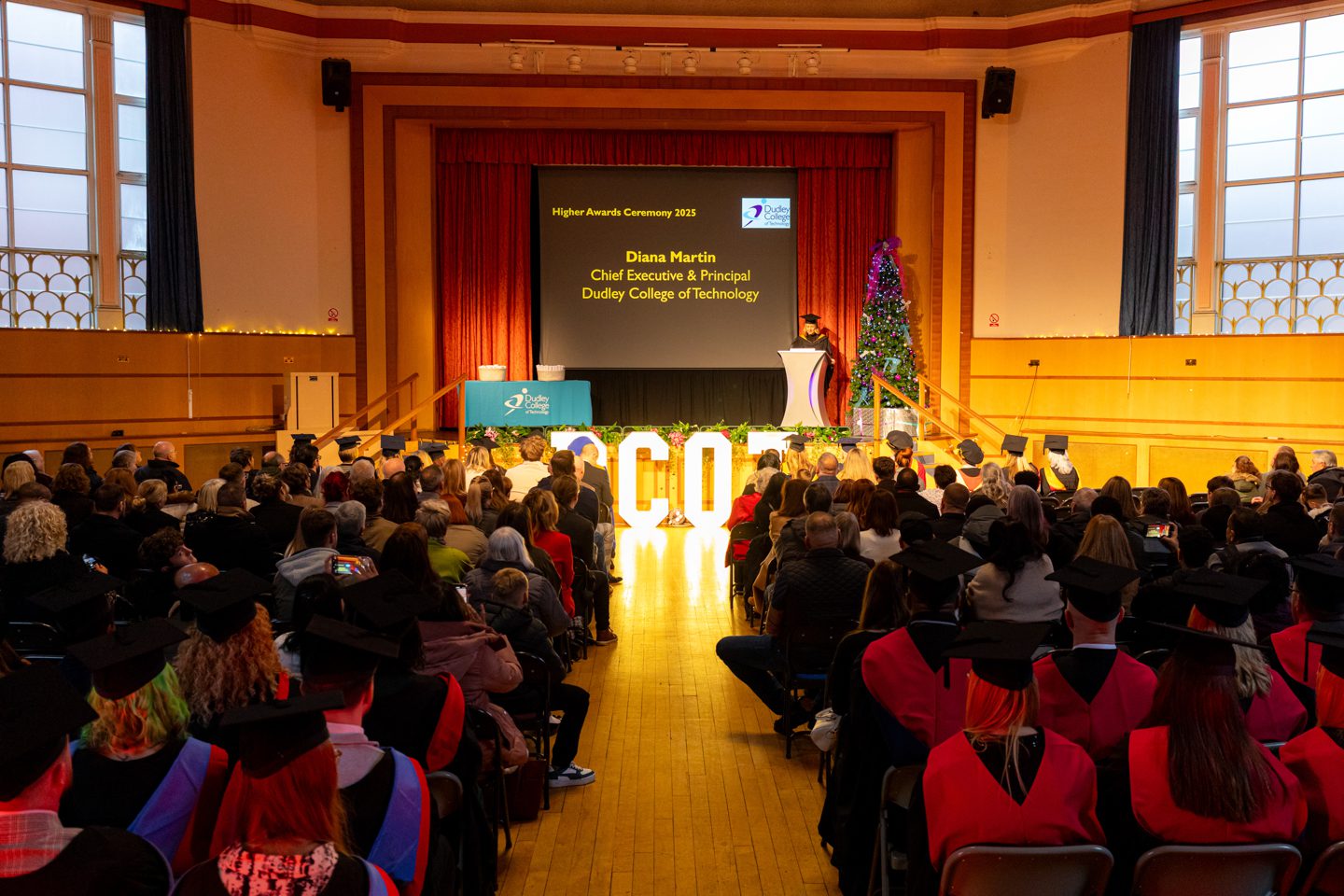Main objective for 2025/2026:
“Continue to implement our Carbon Reduction Plan with clear milestones and reporting on progress.”
Overarching Aim: To operate our campuses in an environmentally responsible manner, reducing our carbon footprint and promoting sustainable practices in all operations.
The Estates and Operations pillar encompasses everything from capital projects to catering, water, and waste management. This comprehensive approach allows us to link our efforts with many Sustainable Development Goals (SDGs), showing our students how their immediate environment can contribute to global sustainability.
We are proud to be ISO 14001 accredited. This internationally recognised accreditation demonstrates our commitment to minimizing our environmental footprint, complying with legal requirements, and continually improving our environmental performance.
To date, we have made significant strides in our sustainability journey:
We have:
- Implemented strategies to reduce energy use: Various energy-saving measures have been adopted across our campus.
- Set and monitored targets to reduce waste on campus by 50-75%: Ambitious waste reduction targets are continuously monitored.
- Prioritized renewable energy across the estate: Investment in renewable energy sources has reduced our reliance on fossil fuels.
- Bid for and won new Salix funds to improve energy efficiency.
- Voluntarily reported our emissions since 2010 and are committed to making these reports more detailed and transparent.
- We have successfully secured various funds to support our progression to net zero, including:
- £9.4m from FECTF for thermal upgrades and sustainable refurbishments.
- £2m from Salix Public Sector Decarbonisation 3b for replacing fossil fuel systems with energy-efficient alternatives.
- £471k from FE capital allocation to improve energy efficiency across our Estate.
- £327k from Salix Low Carbon Skills Fund for Heat Decarbonisation plans and detailed design for older blocks.
- £598k from Salix Public Sector Decarbonisation 3c for further decarbonisation of older blocks.
We aim to create a sustainable and environmentally responsible campus, show what is possible and set a standard for future generations.



